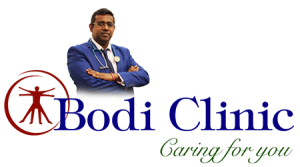Developmental Screening
Developmental screening is a short test to tell if children are learning basic skills when they should, or if they might have delays. During developmental screening the doctor might ask the parent(s) some questions or talk and play with the child during an exam to see how he/she learns, speaks, behaves, and moves. A delay in any of these areas could be a sign of a problem. All children should be screened for developmental delays and disabilities during regular well-child
doctor visits at:
- 9 months
- 18 months
- 24 or 30 months
Additional screening might be needed if a child is at high risk for developmental delays due to preterm birth, low birth weight, having a sibling with ASD or if behaviours associated with ASDs are present. If your child’s doctor does not routinely check your child with this type of developmental screening test, ask that it be done. If the doctor sees any signs of a problem, a comprehensive diagnostic evaluation is needed.
Comprehensive Diagnostic Evaluation
The second step of diagnosis is a comprehensive evaluation. This thorough review may include looking at the child’s behaviour and development and interviewing the parents.
It may also include a hearing and vision screening, genetic testing, neurological testing, and other medical testing.
In some cases, the primary care doctor might choose to refer the child and family to a specialist for further assessment and diagnosis. Specialists who can do this type of evaluation include:
- Developmental Paediatricians (doctors who have special training in child development and children with special needs)
- Child Neurologists (doctors who work on the brain, spine, and nerves)
- Child Psychologists or Psychiatrists (doctors who know about the human mind)


